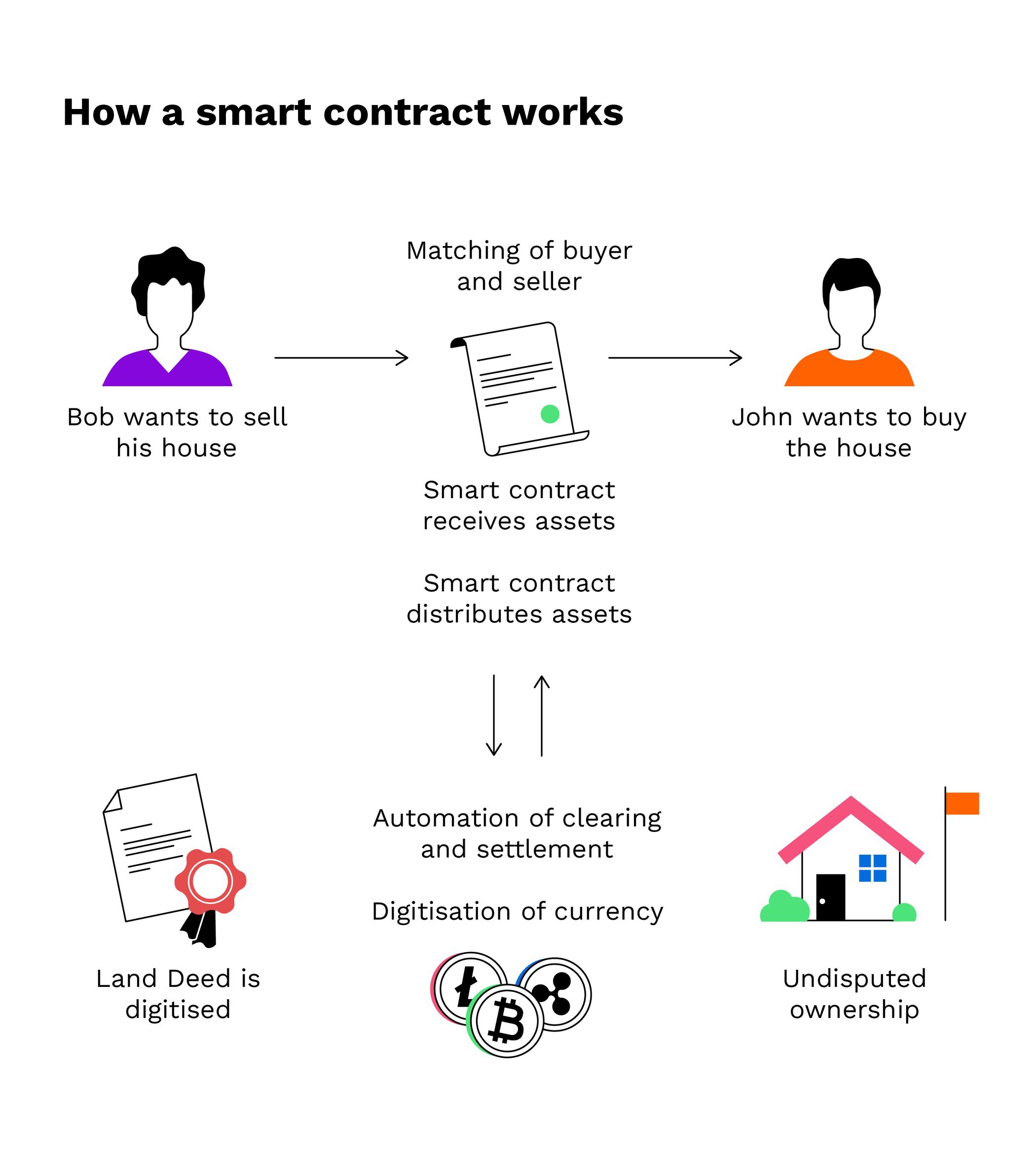How To Use Smart Contracts For Legal Agreements
As technology continues to shape the world we live in, there’s been an increasing buzz around the concept of smart contracts. An innovation born out of the blockchain revolution, these digital agreements aim to take the pain out of legal documentation, making it more efficient, transparent, and cost-effective. In this article, we’ll dive into what smart contracts are all about and more importantly, how you can start using them to your advantage when it comes to legal agreements.

- Automating Your Cryptocurrency Investments: A Step-by-Step Journey To Financial Freedom
- The Unseen Backbone Of Ethereum: Unraveling The Mystery Of ERC-20 Tokens
- Secure Your Digital Assets Top Crypto Hardware Wallets For Cold Storage
- Embracing The Freedom Of Anonymity In Crypto Trading: A Beginner’s Guide To Decentralized Exchanges
- The Rise Of Borderless Payments With Cryptocurrency
So, let’s start with the basics. Smart contracts are self-executing programs that operate on the blockchain. They’re designed to automatically enforce specific rules or consequences when certain conditions are met. Think of them as computerized versions of traditional contracts – they outline the terms and agreements between parties, except they use code instead of paper.
Now, you might be wondering how this works. Imagine two parties – let’s say, a buyer and a seller – who want to enter into a contract. They create a smart contract with specific terms, such as payment details and delivery dates. Once the contract is signed and deployed onto the blockchain, it becomes a permanent record that can’t be tampered with. Any attempt to manipulate the contract’s terms would be evident to all parties involved.
The smart contract can then be programmed to execute automatically when certain conditions are met. For example, when the buyer transfers funds to the seller’s digital wallet, the contract can be set up to automatically trigger the release of a digital product or service. It’s essentially a secure way of conducting a transaction without relying on intermediaries like lawyers or banks.
So, how can you start using smart contracts for legal agreements? Here are a few steps to consider:
Choose the right platform: There are a variety of blockchain platforms that support smart contracts, such as Ethereum, Hyperledger Fabric, or Corda. Each has its own strengths and weaknesses, so it’s essential to pick one that aligns with your needs. If you’re new to the world of blockchain, you might want to start with a more user-friendly platform like Ethereum.
Determine the scope of your contract: Smart contracts can be complex, so it’s crucial to keep things simple when you’re starting out. Identify the specific terms and conditions you want to include in your contract and focus on getting those right. As you gain more experience, you can expand the scope of your contract.
Find a trusted partner: Smart contracts can be nuanced, so it’s essential to work with someone who has experience in both coding and contract law. This could be a developer, a lawyer, or a hybrid professional who has a background in both.
Legal considerations: It’s essential to keep in mind that smart contracts are still a relatively new phenomenon, and the law around them is still evolving. As such, it’s crucial to work with someone who understands the local regulatory environment and can ensure that your contract is compliant with relevant laws.
Test and iterate: Once you’ve created your smart contract, it’s essential to test it thoroughly to ensure it works as intended. Iterate on your design and build upon your initial contract to create a reliable and efficient agreement.
As you can see, using smart contracts for legal agreements requires some effort, but the potential rewards are massive. They offer a more efficient, transparent, and cost-effective way of conducting business – a prospect that will undoubtedly continue to shape the world we do business in.
Remember, this space is still in its early days, and there will be challenges to overcome along the way. However, by taking a proactive approach to leveraging smart contracts, you’ll not only be ahead of the curve but also poised to reap the rewards that this revolutionary technology has to offer.
